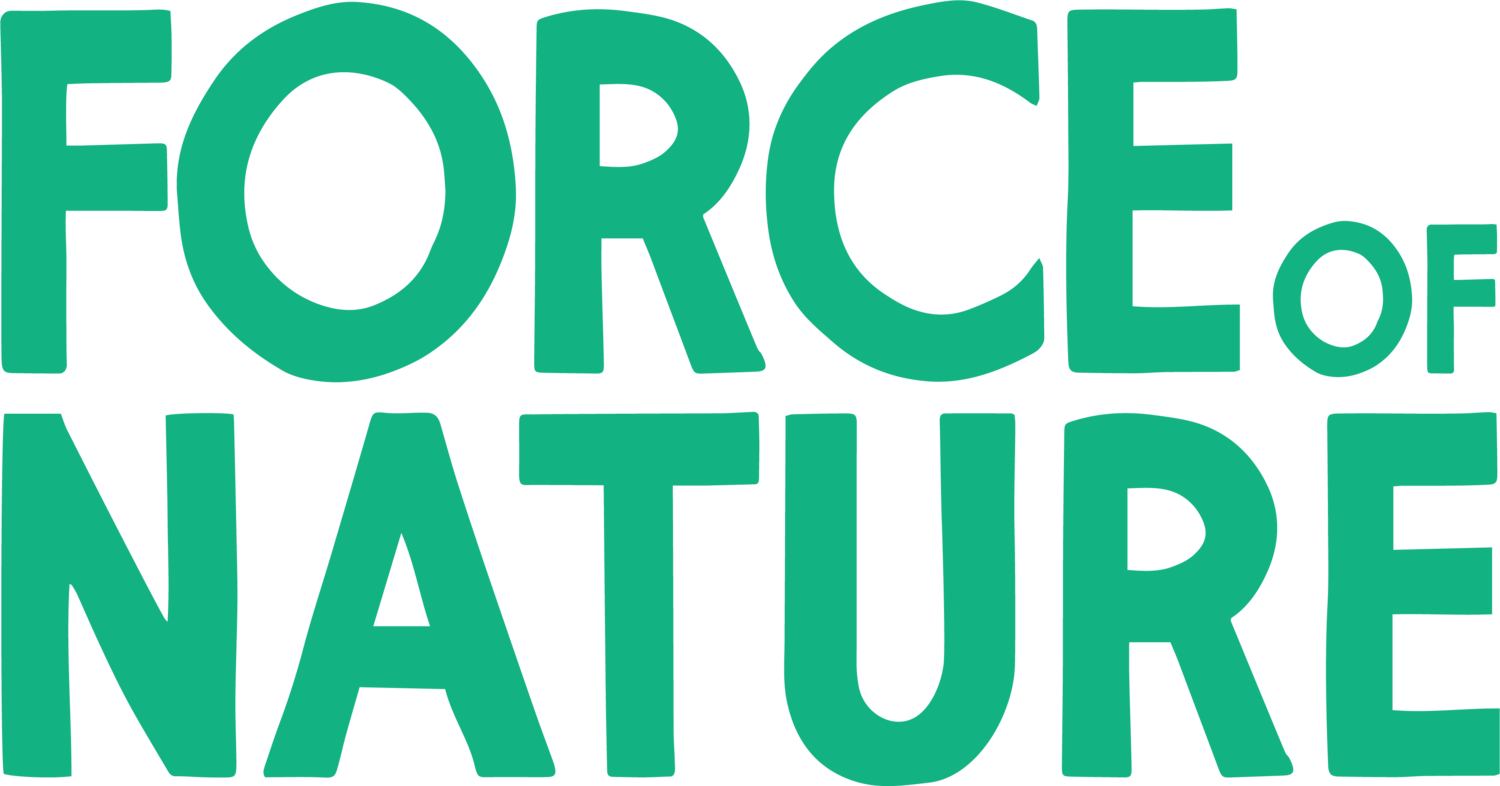Will politics save the world, or destroy it?
We need to talk about eco-anxiety
Author: Hrithik Agarwal
Editors: Sophie Palmer, Alejandra Arias
My Story
I am Hrithik Agarwal, age 22, and I grew up in Odisha, a state on the eastern coast of India adjoining the Bay of Bengal. Growing up, I became acutely aware of the sheer amount of power held by politicians; and their sheer inactivity. The more I learned about politics, the more I could feel myself experiencing eco-anxiety. Instead of shaping policies to protect the natural world, reduce wealth inequality and help initiate peace in war-torn countries, I heard empty words and saw inaction. I witnessed ignorance and denial by the world leaders that are employed to protect us. To me, their silence was deafening; their inaction paralysing. Learning about the underhand payoffs to governments from the large multinational oil companies destroying our planet, I felt betrayed. Initially, I also felt trapped by the barriers put up by those in power: restricted by their inaccessible political jargon. But I forced myself to become more engaged in politics and began searching for my place in the world of activism.
What is Politics?
In its most basic definition, politics is a small set of decision-makers steering society through framing rules (law) that all people within its jurisdiction are to follow. It can also be defined as the process by which a nation decides how the resources of its particular geography should be utilised. Politics can take the shape of various forms along a spectrum, ranging from autocracy to democracy.
In an autocratic form of government, citizens have no rights to choose the key decision makers making laws: there is a significant detachment between the rules and the people’s interest in those rules. Alternatively in an ideal democratic form of government, ordinary people choose leaders through an elaborate voting process, and these leaders emerge from the citizens themselves.
From the perspective of human rights, it is essential to have a democratic government. In its purest form, a democratic government should be a true reflection of the wishes and wants of its citizens, held up by the nation’s institutions. The judiciary, the police, the banks. But what happens when those in power follow the paths of apathy? What happens when the system fails us?
Youth Involvement in Politics
Arguably, the generation most worried about the adverse impacts of climate change is our generation: Generation Z. We have our whole lives ahead of us. Yet, the ever-looming presence of climate change hinders our decision making capability: we are kept in a perpetual state of confusion. Even the most advanced democracies in this world do not address our feelings of hopelessness as young people - we are not seeing the laws and regulations necessary to help safeguard our future.
In most democracies, we young people are systematically denied the opportunity to participate in the nation's politics. At a critical level. In many constitutions, simply by the minimum age required to be eligible to hold public office, we are driven away from important conversations affecting our livelihood. Echoing Colombe Cahen-Salvador in Episode 10, Season Two of the Force of Nature podcast: “why don't we have an age limit in politics? How come you can run when you're 80 but you can't run when you're 20? It's ridiculous. Someone who is so much older cannot properly represent the youth.” The present people in power do not view the threat of climate change with the severity that young people do: why else do they delay so often on such important matters, consistently placing profit over the planet?
Moving to a System Built On Collaboration
It is increasingly evident the importance of the role young people play in the fight against climate change. We have the drive, the passion, the skills to partner and collaborate with others all over the world: youth involvement in politics is of utmost importance if we are to win the fight. Climate change cannot be solved by a single country alone. We must come together and remember that we are global citizens. We must come together, mutually cooperate and stay united by the purest and the most powerful of emotions, love.
This is why I believe young activists, like myself, have a critical role to play in world politics: we cannot be apathetic to injustices affecting our brothers and sisters in other nations. Whilst current politics encourages polarisation, chastising ‘preaching social justice’ as out of the norm, as young people we have the ability to tune more easily into our emotions; to feel, to empathise, to connect. To ourselves, humanity and the earth. We cannot let our self-doubt paralyse us into inaction. As Colombe rightly asserts in the podcast: "Just look at history. When you look at any society shifting event it wasn't easy. It looked impossible until it was done and it will always look impossible until it's done."
Actively standing up for my values has helped me gain a sense of meaningfulness and led to the self-belief that standing up does matter and makes a difference. As a result of my activism, I have connected with people who share the same values as me, joining a community of earth-defenders who create change from unity and care.
You can listen to Episode Ninth, Season Two, of the Force of Nature podcast here.

